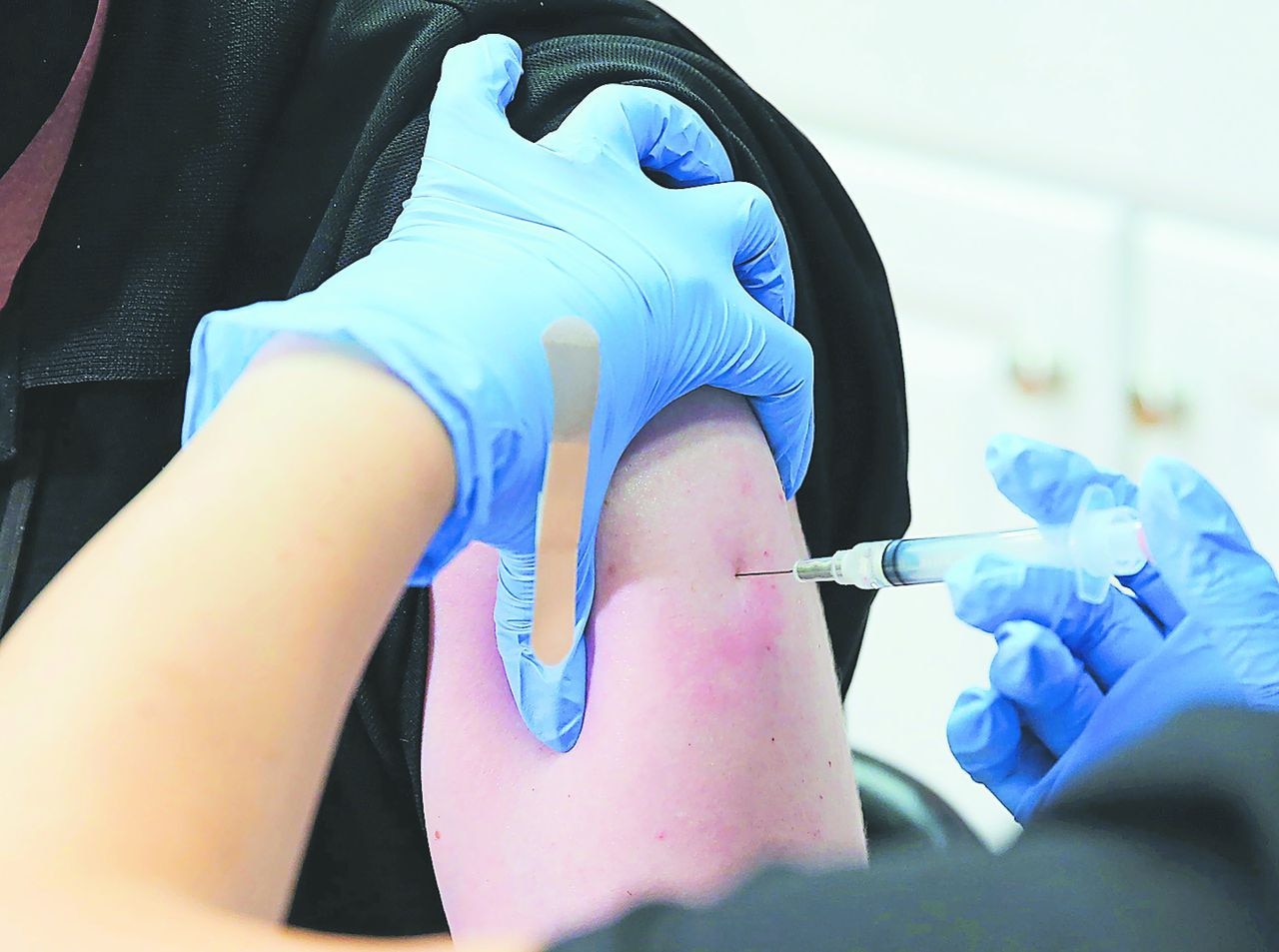Flu vaccine recommendations change for 2023-2024, CDC announces
Vaccination guidelines have changed for some people ahead of this year’s flu season, the Centers for Disease Control and Prevention announced.
Recommendations for when you should get your flu vaccine remain the same – September and October are still considered the optimal times. August vaccinations aren’t recommended unless someone is in their third trimester of pregnancy or for children who will need two doses of the vaccine or those who will be unable to get vaccinated later in the fall.
Current guidelines call for annual flu vaccinations for everyone 6 months of age and older. How effective the vaccines are each year depends on how well they match the circulating virus, the CDC said. Preliminary estimates show last season people who were vaccinated against the flu were 40%-70% less likely to be hospitalized because of flu-related illnesses.
“The best way to prevent flu and its potentially serious complications is by getting a yearly flu vaccine. Even when flu vaccination does not prevent illness entirely, it has been shown in several studies to reduce severity of illness in people who get vaccinated but still get sick,” the CDC said in a statement.
Currently, flu circulation in the U.S. is at minimal levels.
Changes for people with egg allergies
There is a change in recommendations for flu vaccines this year and it has to do with people with egg allergies.
Most flu vaccines are produced using eggs and end up containing small amounts of egg proteins. In the past, flu vaccines were recommended for people with egg allergies as long as “additional safety measures” were in place, particularly for those who could experience a severe reaction.
Those extra measures are no longer needed, the CDC said. Now, people with egg allergies can receive any flu vaccine – egg-based on non-egg based – that is appropriate for their age and health status with no special safety precautions needed beyond those that would be taken for any vaccine. People with questions about the vaccine should consult with their healthcare provider.
